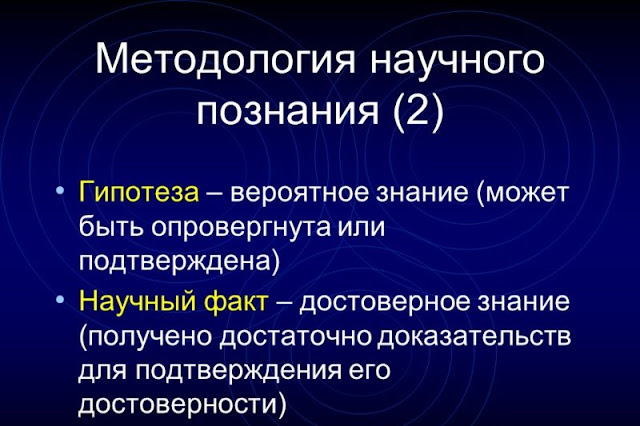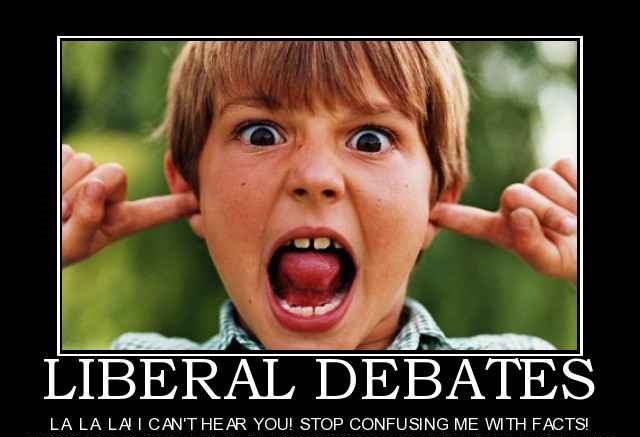The global crisis of the XXI century.The recipe for crisis each.(On-line book page 1-2)
- The global crisis XXI veka.Retsept for everyone.

- Introduction
- Such recipes covering the entire range, not in the world, take the necessary tools, and obtain the required, I hope for your help in the recipe correction, as all know is not possible. will follow strictly in the framework of the scientific method, the laws of logic, proof system, the main shaft will be absolutely objective truth, if they retreat, it will be indicated.

- Absolutely objective truth - it is the content of knowledge, which is independent of man nor of humanity, comprehensive reliable knowledge about nature, man and society; knowledge that can never be denied.



- In philosophy, the following views to get reliable knowledge:

- Empiricism - all knowledge of the world is justified only experience (Francis Bacon)
- Sensationalism - only by sensations can explore the world (D.Yum)
- Rationalism - certain knowledge can be gleaned only from the mind itself (Descartes)
- Agnosticism - the "thing in itself" can not be known (Kant)
- Skepticism - to obtain reliable knowledge of the world can not (Montaigne)
-


- The criteria of truth - that certifies the truth and to distinguish it from error.
- 1. compliance with the laws of logic;
- 2. compliance with the previously open laws of science;
- 3. compliance with the fundamental laws;
- 4. Simplicity, efficiency formula;
- 5. paradoxical ideas;
- 6. Practice.
- Truth is one, but it highlighted the objective, absolute and relative aspects that should be strictly distinguished, almost all the allegations in the world have a well-defined level of lies, this is a problem nomer№1 and the basis of world crisis of the XXI century, his rod.

- Objective truth - it is the content of knowledge, which is independent of man nor of humanity.

- Absolute truth - is a comprehensive reliable knowledge about nature, man and society;knowledge that can never be denied.

- Relative truth - it is incomplete, inexact knowledge corresponding to a certain level of development of society, which leads to processes for the preparation of this knowledge; this knowledge, depending on certain conditions, place and time of its receipt.
- The difference between absolute and relative truths (or absolute and relative to the objective truth) in the accuracy and completeness of reflection of reality. The truth is always concrete, it is always associated with a particular place, time and circumstances.
- Everything in our lives to assess with the point of view of truth or error (lie), but this is not taken into account and creates a false target.
- Truth - this knowledge, appropriate to its subject, coinciding with it. Other definition: knowledge of reality, what is confirmed by the experience;
- some agreement, convention, property samosoglasheniya knowledge; the usefulness of the resulting knowledge to practice.
- Aspects of the truth:
- Objective truth - is the content of knowledge, which does not depend on the person or on humanity
- Absolute truth
- comprehensive reliable knowledge about nature, man and society; knowledge, which can never be refuted.
- Relative truth
- incomplete, inexact knowledge corresponding to a certain level of development of society, which leads to ways of acquiring knowledge;
- knowledge, depending on certain conditions, place and time of their receipt.
- The truth is concrete - associated with a particular place, time, circumstances

- Practice - an integrated system of active organic material activity of people, aimed at transforming reality, is carried out in a particular socio-cultural context.
- Forms of practice:
- production of goods (work, transformation of nature);
- social action (the revolution, reform, war, etc.);
- science experiment.
- Practice Functions:
- source of knowledge (practical needs were brought to life by the now existing science.);
- knowledge base (people not just watching or contemplate the world around us, but throughout his life transforms it);
- the purpose of knowledge (man and to learn about the world, reveals the laws of its development, to use the knowledge of the results in their practice);
- criterion of truth (while some position expressed in the form of theories, concepts, simple reasoning will not be tested by experience, is not put into practice, it remains only a hypothesis (assumption)).
- Developing practice may ultimately prove any theory or any other provision. At the same time, this criterion is relative, as the very practice of developing, improving, and therefore can not be immediately and fully prove certain findings of the process of cognition. Therefore, the philosophy put forward the idea of complementarity: the leading criterion of truth - a practice that includes material production, experience, experiment, - supplemented by the requirements of logical consistency, and in many cases the practical usefulness of certain knowledge.
- Truth is one, but it highlighted the objective, absolute and relative aspects that should be strictly distinguished, almost all the allegations in the world have a well-defined level of lies, this is a problem nomer№1 and the basis of world crisis of the XXI century, his rod. It is necessary to remember three basic ways of lies

- 1.Nefalsifitsiruemost statement that can not be denied due to the fact that there is no way to check it ,, it is false or not.
- 2.Slozhnaya falsification statement that can not be denied due to the fact that you personally, there is no way to check it is not enough knowledge ,, it is false or not.
- 3.Kombinatsiya two false statements Nefalsifitsiruemost 1., 2. Difficult falsification.
- If you are tired of liars infringing your rights, practice a simple formula we still have to deduce is that the use is, better yet to come up, at least not to my knowledge.
- Practices take it any authority, any competitor, get false statements, and if your rights have suffered damage, safely apply to the court and get material benefits commensurate caused you damage.














Комментариев нет:
Отправить комментарий